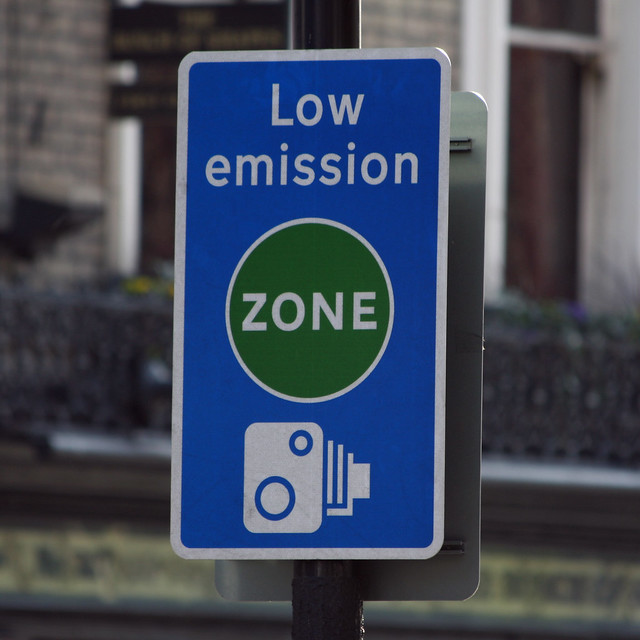This post appeared in a previous blog and is here for posterity’s sake.

Looks like upstate is again blocking progress in New York City:
As part of a long-term effort to improve air quality and ease traffic, the mayor’s plan would charge most drivers $8 to travel below 86th Street in Manhattan between 6 a.m. and 6 p.m. on weekdays.
The plan has been endorsed by a number of environmental groups but has aroused widespread concern in the Democratic-led Assembly, where a number of members want to proceed cautiously on such a fundamental change to the city’s traffic management.
The new report characterizes the plan as a regressive tax that puts most of the burden on poor and middle-income drivers, and cautions that the charges would need to be raised substantially to have the desired effect of easing congestion.
This isn’t a snarky question: anyone know why something wholly within the City of New York boundaries is being subjected to the State of New York? I am sure there is a logical explanation.
Because seeing a doyenne legislator from Westchester gumming up the works because his commuters, who don’t pay New York City taxes, are upset that they finally have to foot the bill for using and clogging up our streets.
Some easy way to alleviate the problems outlined by those living outside New York City:
- Make a percentage of all congestion charge payments tax deductible;
- Mandate a percentage of the revenue to extend mass transit outside the city core;
I’m sure there is room to negotiate on this matter, if Albany isn’t too afraid of change.
Update @ 14:38:
Surprise, surprise: According to Streetsblog, Rep. Richard Brodsky has received $16,500 in donations from the parking industry over the past five years:
Yet, over the last five years Assembly Member Brodsky has accepted at least $16,700 in campaign contributions from parking garage interests, according to the New York State Board of Elections. Brodsky’s parking industry contributions far exceed those of any other state legislator (though Queens City Council Member David Weprin leads the pack with his $20,500 $40,650 haul). Specifically, Brodsky’s contributions have come from the Metropolitan Parking Association and the Mallah family, the owner of several parking companies and sometimes referred to as New York City’s “parking royalty.”
The Mallah family has interests in several parking corporations including Merit Parking, Mallah Parking Corporation, Advance Parking, and Icon Parking. Shelly Mallah is also associated with New York City’s Metropolitan Parking Association and has made campaign contributions to its political action committee.
Vincent Petraro, the executive director of the Metropolitan Parking Association, a trade group representing about 800 lots and garages in New York City, has served as an intermediary for political campaign contributions for Sheldon Mallah, according to the NYC Campaign Finance Board. Petraro is also a board member of Queens Chamber of Commerce and chairman of its Legislative Advocacy Committee.
emphasis original





